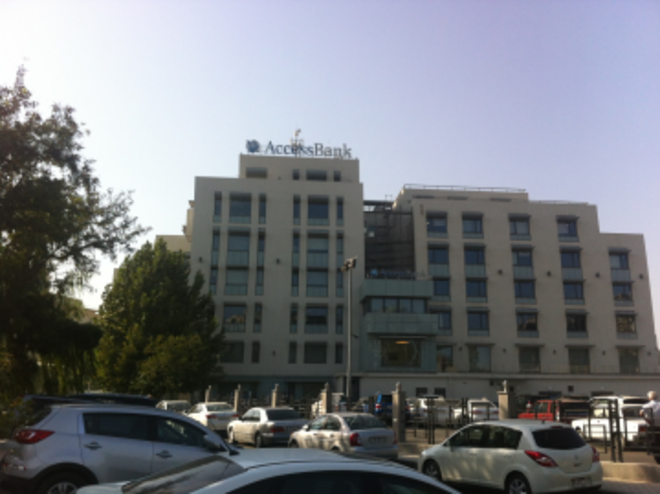Menu

SIFEM contributes USD 15 million to the fund allowing it to reach target fund size and supporting infrastructure and climate projects in Colombia and Peru.
SIFEM contributes USD 15 million to the fund allowing it to reach target fund size and supporting infrastructure and climate projects in Colombia and Peru.